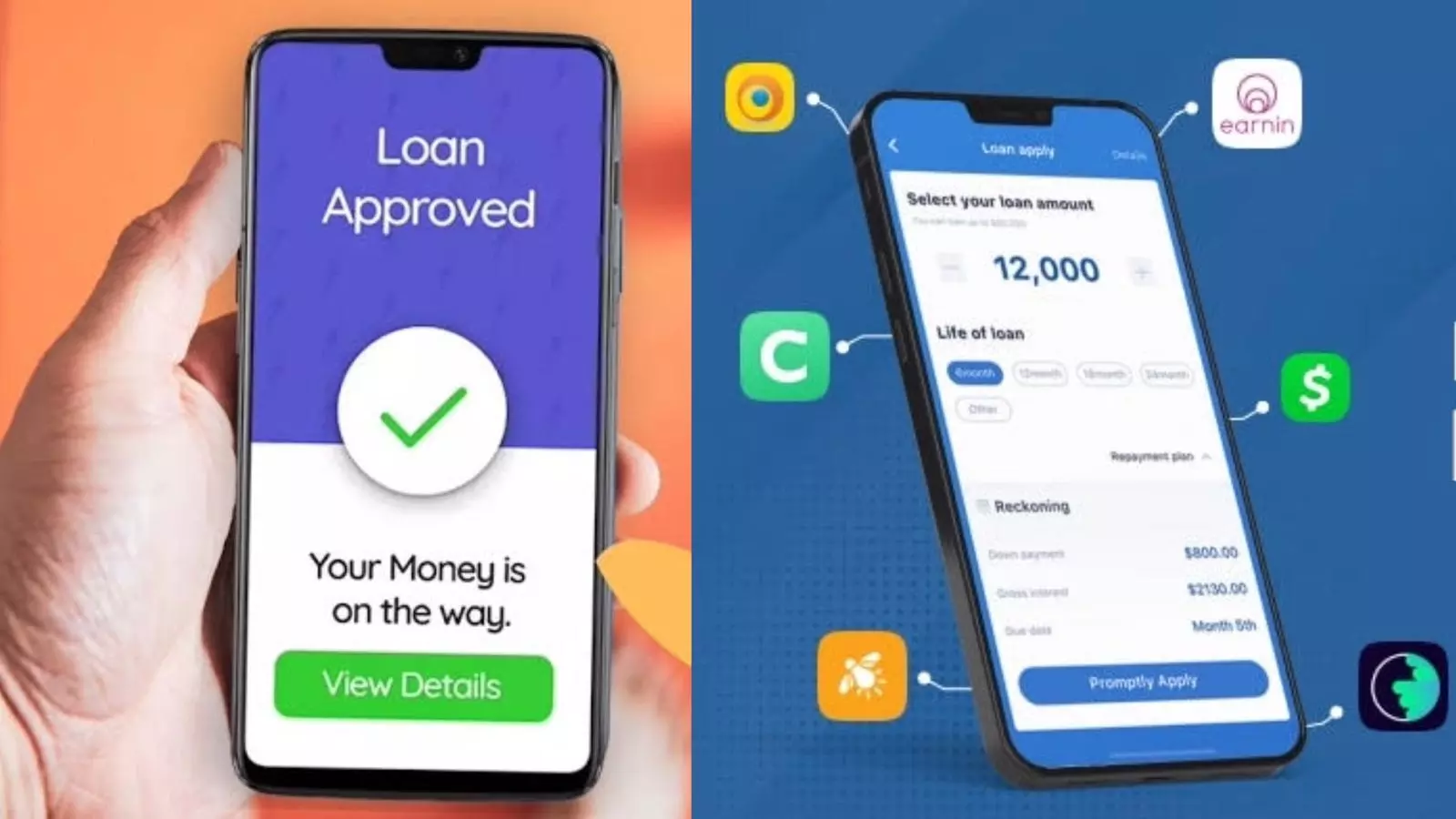Survey: 5% decline in usage of instant loan apps; harassment from agents rises
The decline can be an indication that the measures taken by the RBI and other government bodies are beginning to have an impact
By Anoushka Caroline Williams
Hyderabad: The use of instant loan apps like LazyPay and SimplPay has decreased in India by 5 per cent following regulatory actions by the Reserve Bank of India (RBI) and the Ministry of Electronics and IT (MeitY).
However, concerns about unethical practices, including data misuse and extortion during the loan recovery process, remain prevalent.
47,000 citizens participated in the survey
The Local Circles conducted a survey, among over 47,000 citizens across 327 districts in India, and found that the number of people using instant loan apps has dropped significantly.
In 2022, 14 per cent of respondents reported that they or someone in their household had used such apps to secure a loan. This year, that figure has decreased to 9 per cent.
The decline can be an indication that the measures taken by the RBI and other government bodies are beginning to have an impact.
Reduction in high-interest loans
The survey also highlighted a reduction in the number of citizens being charged exorbitant interest rates by instant loan apps.
In 2022, 58 per cent of respondents reported paying an annual interest rate of over 25 per cent on loans taken through these platforms. This year, that number has decreased to 45 per cent.
Specifically, 15 per cent of respondents reported paying an interest rate of 25-50 per cent; 10 per cent paid 50-100 per cent; and 20 per cent were charged an annual interest rate between 100-200 per cent.
Victims blackmailed with morphed photos
Despite the decline in loan app usage and interest rates, the survey revealed an increase in complaints regarding extortion and data misuse during the loan recovery process.
In the 2022 survey, 54 per cent of respondents reported experiencing such issues. This year, the figure has risen to 61 per cent. Respondents detailed experiences of harassment, including threats, abuse, and unauthorised contact with individuals in their networks. In extreme cases, some reported that their images were morphed and circulated to family members as a blackmail tactic.
Public demand for a regulatory cap on interest rates
The survey indicates strong public support for further regulatory measures.
A significant 65 per cent of respondents expressed the desire for the RBI to impose a cap on the interest rates charged by institutions and platforms on personal loans. In contrast, 30 per cent believe that lenders should have the freedom to set interest rates based on the risks they undertake, while 5 per cent were undecided.
What is RBI doing to curb unauthorised loan apps?
In response to the growing concerns around unauthorised digital lending apps, the RBI has announced plans to create a public repository of these apps, as part of its broader effort to regulate the digital lending ecosystem.
RBI governor Shaktikanta Das stated, “The Reserve Bank proposes to create a public repository of DLAs deployed by its regulated entities. The regulated entities will report and update information about their DLAs in this repository.”
This initiative is expected to help consumers identify unauthorised lending apps and protect themselves from potential exploitation.